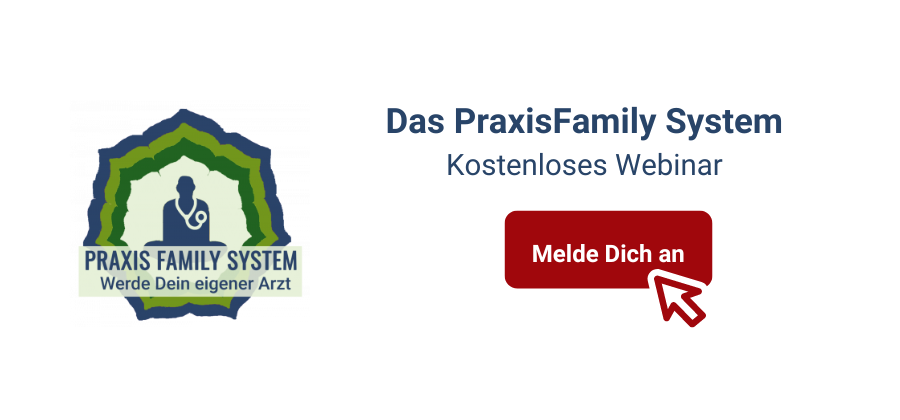Age-related macular degeneration is a disease of the eyes in which vision is gradually lost in the course. What triggers the disease, what exactly causes it and how you can counteract the development and aggravation, you will learn in this article.
Age-related macular degeneration – what happens to the eyes?
As the name of the disease suggests, it has something to do with degeneration, which means that it can develop in the course of life, precisely in aging. Often the disease is dismissed just like old-age diabetes or old-age fatigue, claiming that this is just the way it is when you get older. But this is not the case. Macular degeneration is divided into two variants: dry and wet macular degeneration.
In the dry variant, the deposits formed in the regular metabolism can no longer be transported away from the eye. Thus, these accumulate in the surrounding tissue and damage it. If the tissue is damaged, it can no longer be supplied with blood properly and consequently can no longer function properly. The body then begins to form bypasses and new blood vessels. From this point on wet macular degeneration starts. The healthy tissue is destroyed and a gap is created between the retina and the underlying tissue. Blood vessels and other fluids may then enter this gap, causing the retina to slowly detach. One in seven dry macular degeneration develops into wet macular degeneration over time. The progression of the wet variant of the disease occurs much more rapidly than in the dry variant and may eventually lead to complete blindness. But it doesn’t have to come to that!
Treatment of age-related macular degeneration
Once the disease has been diagnosed, it should be acted upon quickly to prevent further progression if possible, or at least to slow it down significantly. The following three factors play a decisive role:
1. Detoxification: Our body is heavily burdened in many ways by classic toxins from our environment. The toxins from outside such as aluminum, mercury and glyphosate affect our body enormously. In addition, there are the regular toxins, which arise from our metabolism. In principle, the body is able to remove them on its own, but the strain on the body can quickly get out of hand. If toxins permanently accumulate in the tissues, the toxin as well as the metabolites from our metabolic processes can no longer flow away. Due to the resulting backwater, over time the whole thing settles in the eye and no longer flows away.
2. Nutrition: only a healthy diet ensures that the lymph fluid remains fluid, vital and supple and can thus absorb and remove many toxins. This is especially achieved through a plant-based diet. A diet free of animal proteins and fats and the consumption of sufficient good, still water will ensure good lymphatic fluid. The excessive consumption of coffee, as well as the consumption of meat and dairy products, increasingly slags the body and causes the lymphatic fluid to become increasingly viscous and less transportable. The toxins thus remain in the body.
3. Exercise: Exercise as well as sports activities also move the lymphs. This movement is important for the exchange of fluids so that there is no backlog. This is especially essential in the head area, as the toxins from the head can only drain through the lymph at the neck tissue.
In addition to the above factors, the body can be supported with antioxidants such as astaxanthin. This agent counteracts the deposits. In addition, lutein as well as OPC can also help to stimulate blood flow to the tissues.
With the diagnosis of age-related macular degeneration it is possible and reasonable to counteract the progression of the disease. It is best to live healthy early and pay attention to the three main factors to avoid the disease in advance.

